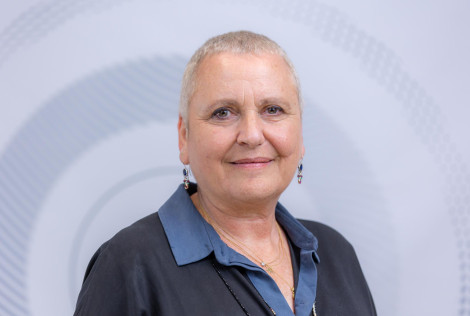B.A in Musical Education
In the Music Teaching Certificate Track, we train professional elementary and high school music teachers, ensemble managers, and choir and orchestra conductors. PhD students in this track conduct original research on music teaching and learning approaches. Some examples of the vivid research currently being conducted by our students include a Playing School, its influence and achievements; the history of Israeli music trends and history of music’s teaching approaches; methods of creative teaching paired with arts in elementary classes; effective theoretical and practical teaching methods; novel teaching strategies in the history of music; teaching and learning processes and the teacher-student relationship.
Musical education touches every learning field, including the psycho-motoric (skill development), cognitive (knowledge obtaining), emotional (the learner’s willingness to accept, internalize and share the learning material) spheres, as well as music evaluation and sensitivity. Many musical education programs implement mathematical skills training and understanding of a second language or culture because their consistent practice has proven beneficial for students in various other fields and improves their scores on standardized tests such as ACT and SAT. Musical training from kindergarten to secondary school is standard and considered a solid component of human behavior and culture. Different cultures of different places have different approaches to musical education, primarily due to historical and political differentials. Studies show that teaching the music of foreign cultures can help pupils more comfortably grasp unfamiliar sounds and that musical preferences are related to the listeners’ spoken language and other sounds to which they are exposed in their culture.
Researchers
-
Dr. Bar-Eitan Avi
03-5317190 -
Dr. Isaacson Atara
972-3-5317190





